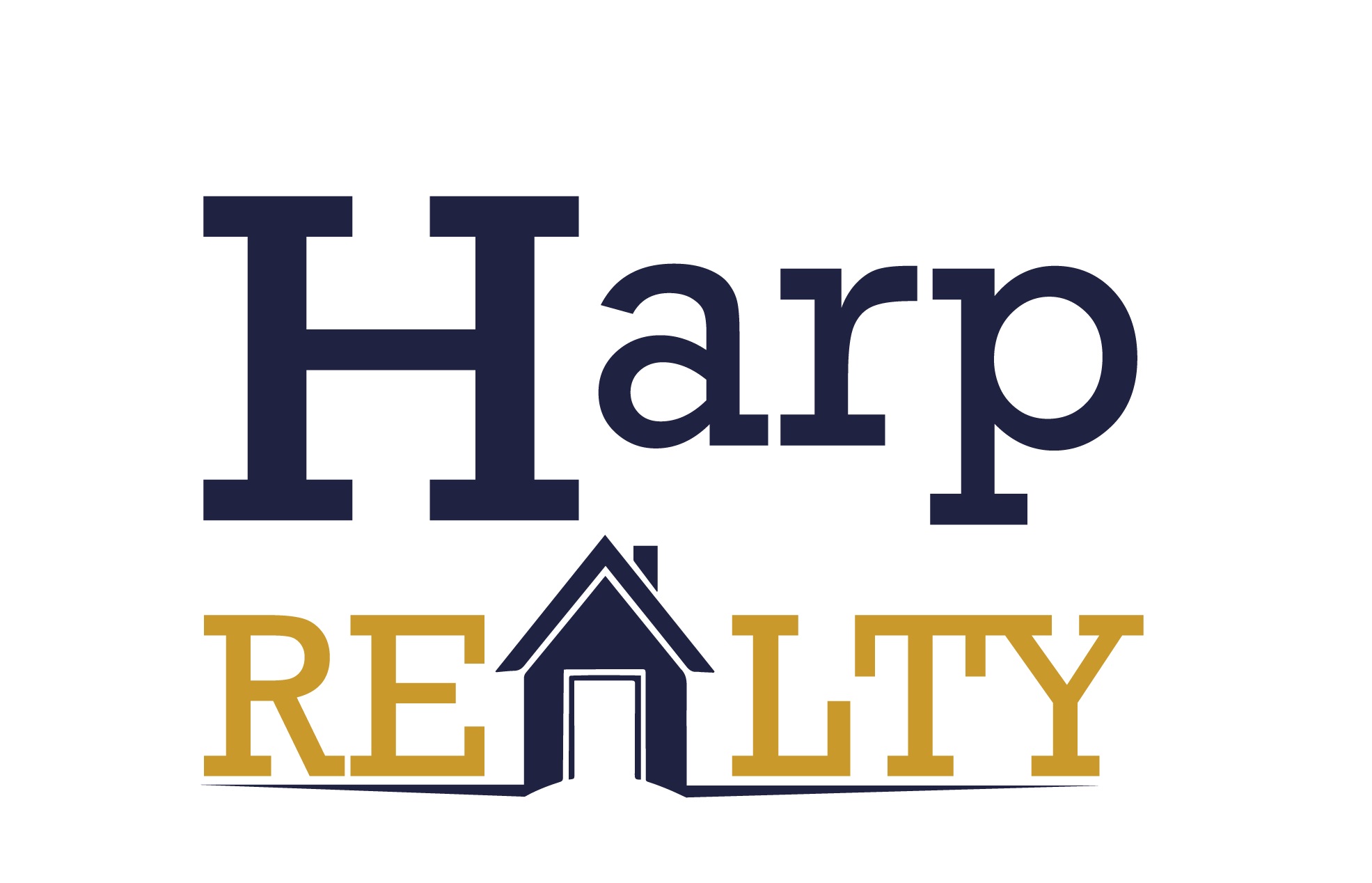
Capital gains is the profit you make from the sale of a capital asset. Your home is generally the largest capital asset that most people sell. Your next question is probably how much is capital gains tax? It depends on your tax bracket, and whether the gain is short or long term.
The way it works is when you buy a capital asset, the amount you pay for it is called the basis. When you sell the asset, you subtract the basis from the sale price, and the difference is your gain. If you buy a property for $50,000, your basis is $50,000. If you then sell the property for $75,000, your capital gain is $25,000, which is the difference between the basis and the sale price.
Long-term capital gains are profits earned on the sale of an asset you held for more than one year. Long-term capital gains are taxed at special rates. The rate that applies to you depends on your tax bracket. Short-term capital gains are held for a year or less. This gain is taxed at the same rates as the income from your job.
Profit from the sale of real estate is considered a capital gain. However, if you used the house as your primary residence and meet certain requirements, you can exempt up to $250,000 of the gain from tax ($500,000 if you’re married).
Here is a quick example of how this works! Let’s say that Kim bought a house in 2016 for $100,000. She lived in it for three years and then moved out and used it as a rental property for one year. She then sold it in 2021 for $200,000, resulting in a gain of $100,000. Because Kim used the property as his personal residence for at least two of the last five years, she qualifies for the exclusion. She’s single, so she can exclude up to $250,000 in gains, and therefore, she can exclude the entire amount.
If you have any questions concerning capital gains or any other real estate topic give me a call, I’ll do my best to answer any of your questions.
By R. Jones

